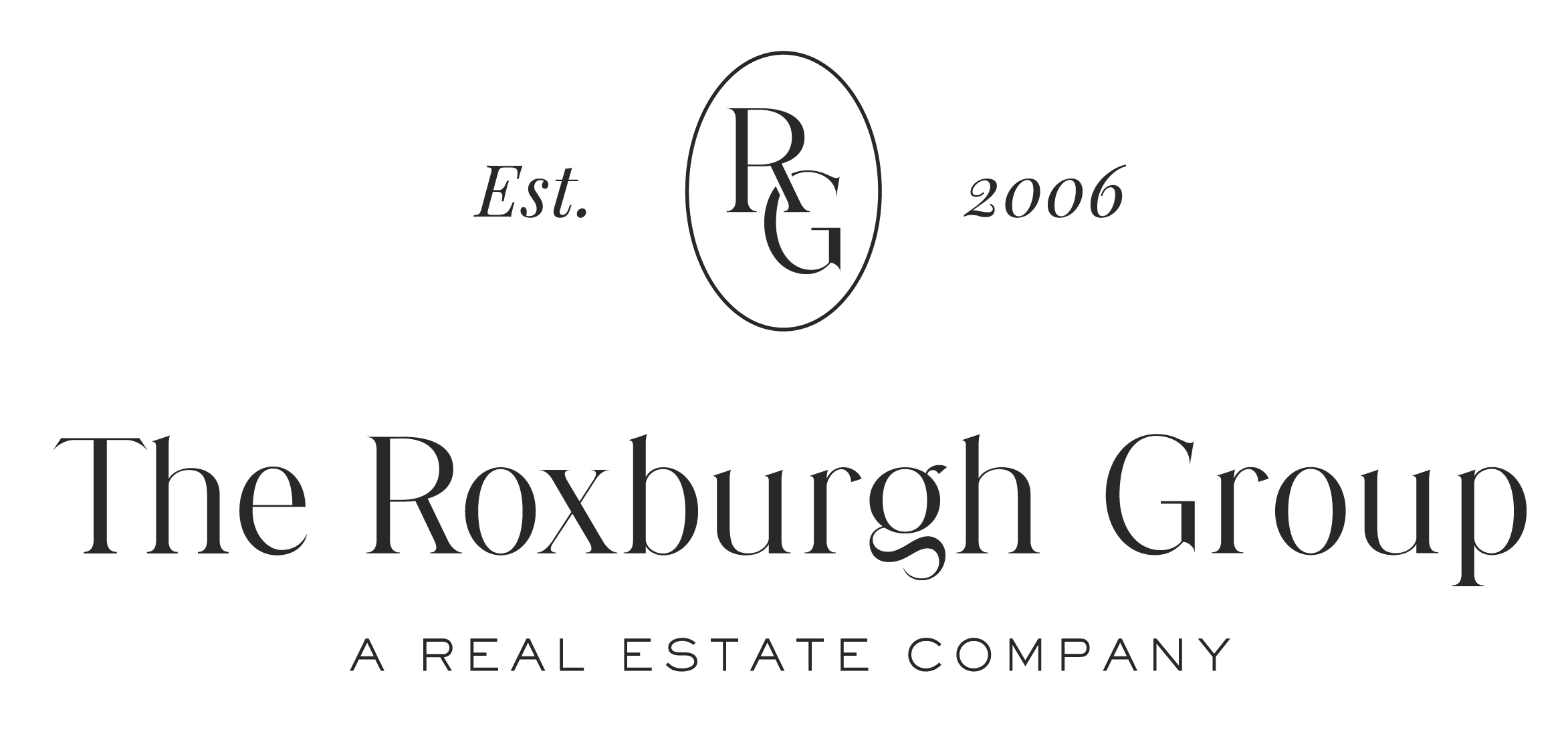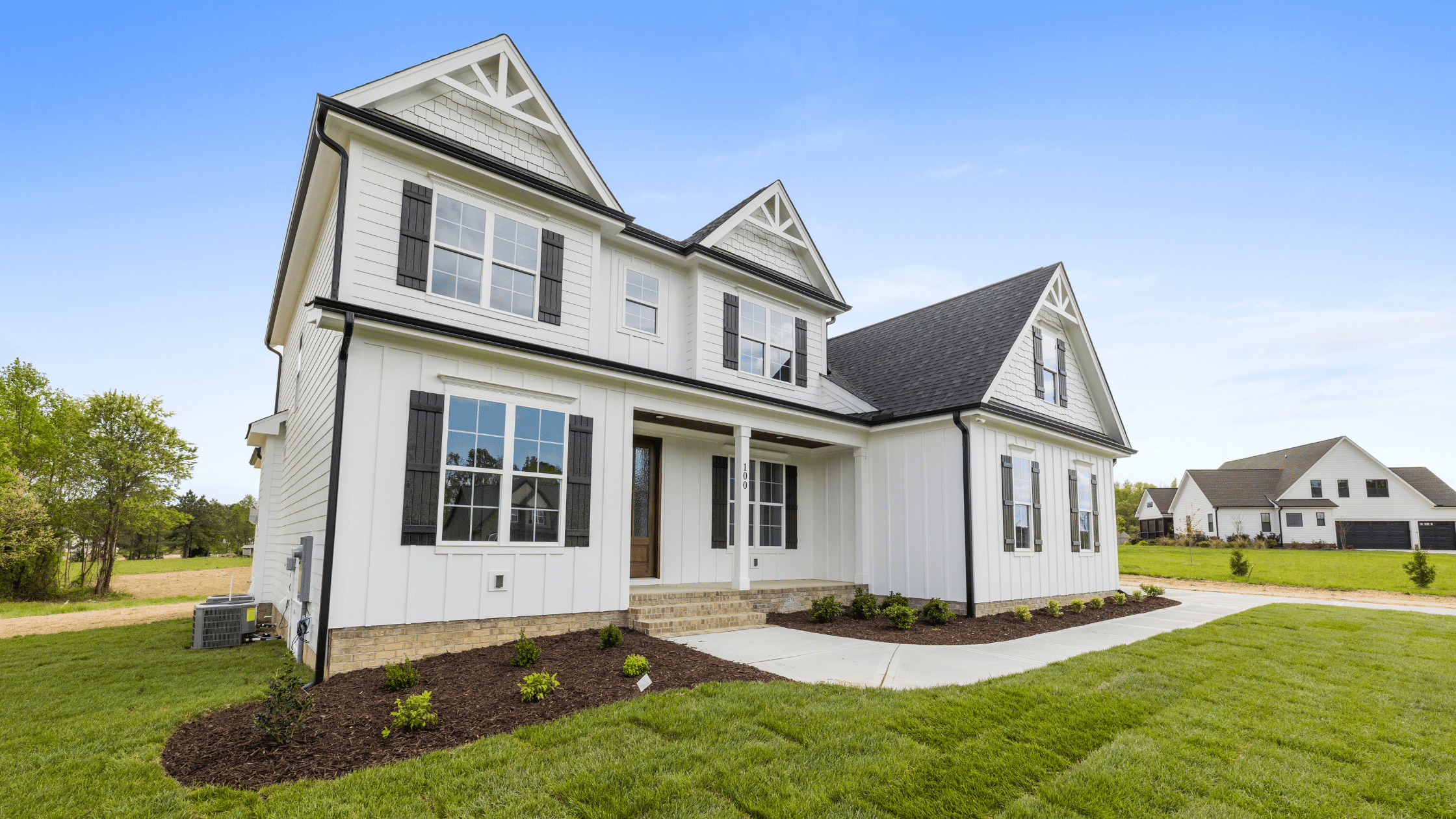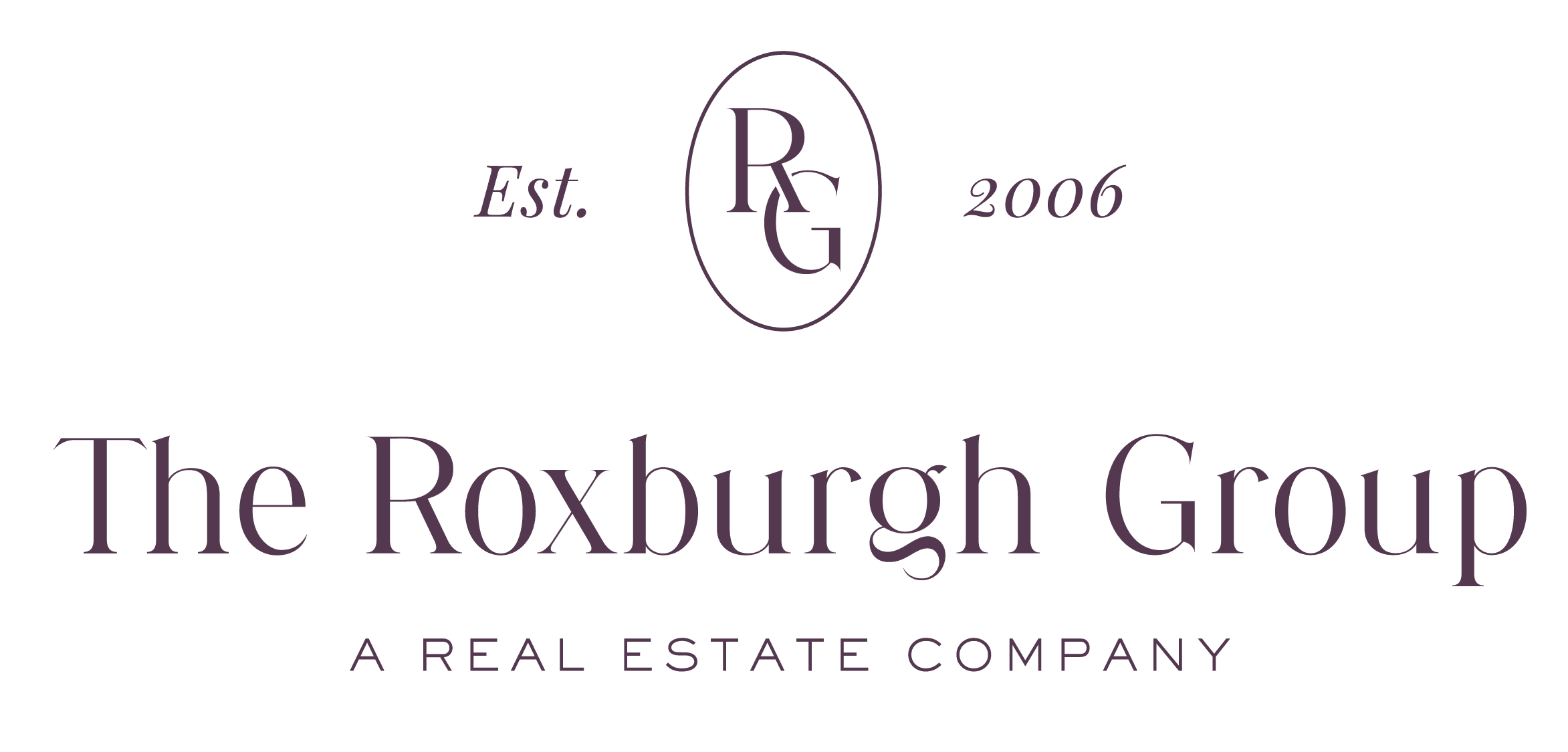To buy or not to buy? At The Roxburgh Group, we know it’s the question that’s always on a renter’s mind. So, what’s the real difference between the two—and how do you know when you’re ready to make that financial leap? Let’s dive into the numbers of renting vs. buying to see if homeownership is the right path for you.
Spoiler Alert: It probably is.
Some History About Renting vs. Buying
When mortgage rates are high, many people assume renting is the better option. It happened back in the 70s and early 80s when rates were at their highest, and it has happened in recent years as well. While we can’t ignore high interest rates, it’s important to note the rent hikes as well.
Experts have seen a 2.51% annual rent increase in urban areas since 2008 (Doorloop).
So even when home prices increase and interest rates rise, you can expect the cost of renting to increase as well. Also, the affordability difference between renting and buying is dependent on the type of home as well.
For a one-bedroom apartment, renting might often be cheaper than buying. But when you start looking at larger homes with two or more bedrooms, the gap between the cost of renting and buying starts to close.
Equity: The Game Changer
One of the biggest perks of buying a home is building equity. Equity is the difference between what your home is worth and what you owe on your mortgage. When you rent, your monthly payments go to your landlord, and you don’t see that money again. But when you buy, each mortgage payment reduces your loan balance and builds your equity.
Here’s an example: Imagine you buy a home for $400,000. Experts say home prices are expected to rise over the next five years. If you stay in your home for five years, you could gain over $83,000 in equity as your home increases in value. This equity boosts your net worth and provides financial security, something renting can’t offer.
How To Know When You’re Ready to Buy
Deciding if you’re ready to buy a home involves a few steps:
- Talk to a Mortgage Broker or Lender: They will help you understand what you can afford and get you pre-approved for a loan. They offer personalized advice and guide you through the buying process. (Not sure where to start? (TEAM NAME) would be happy to recommend a trusted professional.)
- Use Online Tools: Mortgage calculators are great for estimating your monthly payments and comparing them to your current rent. These tools give you a clearer financial picture.
- Check Your Finances: Make sure you have a stable income, good credit, and enough savings for a down payment and closing costs. Keep in mind, you do not always need 20% for a downpayment. FHA loans allow you to put as little as 3.5% down.
These steps will help you figure out if you’re financially ready to move from renting to buying.
Benefits of Owning a Home
What do you think? Are you ready to join the homeowner’s club? Even if you aren’t sold yet, here are a few benefits that might change your real estate outlook:
Greater Wealth: Homeowners usually have a higher net worth than renters. In fact, the median household wealth among homeowners is 3,709% higher than that of renters.
Investment: Your monthly mortgage payments build equity, which acts like a forced savings account and can significantly increase your wealth over time.
Personalization: Owning a home gives you the freedom to customize your living space to fit your style and needs.
Stability: Homeownership provides stability and a sense of community, as you’re more likely to stay in one place for a longer period.
While renting might seem cheaper in the short term, buying a home offers long-term financial benefits that will help build future wealth. Still need help deciding what is the best move for you? Reach out to The Roxburgh Group to explore your options and take the first step toward homeownership.
Comments are closed.










